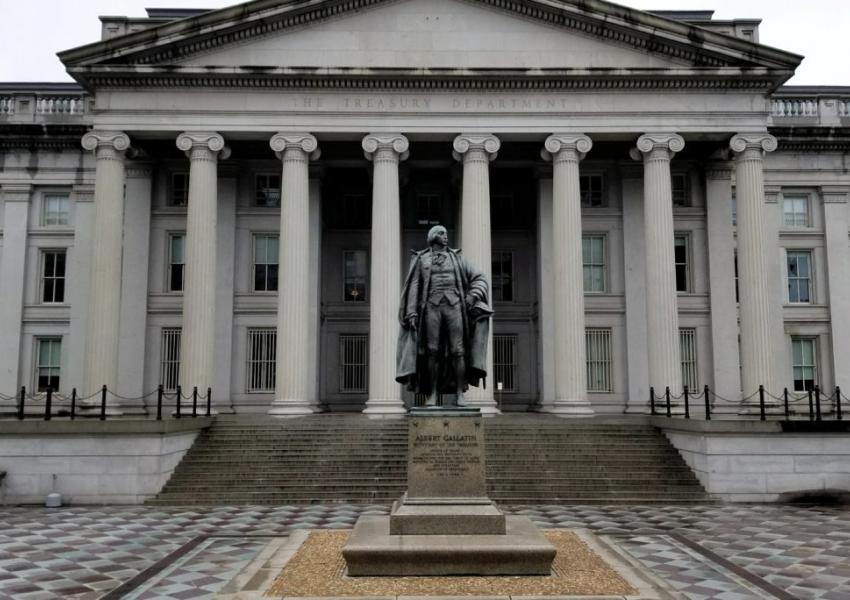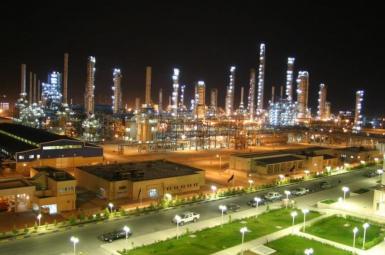
Biden Administration Levies New Sanctions On Hezbollah And Iran
The US Treasury Department has announced sanctions on Friday targeting members of a network of Lebanon- and Kuwait-based financial conduits that fund Hezbollah, a designated terrorist organization. The US government also sanctioned members of an international network of financial facilitators and front companies that operate in support of Hezbollah and Iran’s Islamic Revolutionary Guard Corps’ Quds Force (IRGC-QF), another designated terrorist organization.
The United States accuses these networks of having laundered tens of millions of dollars through regional financial systems and conducted currency exchange operations and trades in gold and electronics for the benefit of both Hezbollah and the IRGC-QF.
In a statement on the sanctions levied today, US Secretary of State Antony Blinken warned that “Hezbollah uses revenues generated by these networks to fund terrorist activities and to perpetuate instability in Lebanon and throughout the region. The United States will not relent in targeting these networks, and we will continue to take actions to disrupt their activities,” he added.
The timing of the announcement today was particularly noteworthy, as Hezbollah arranged for Iranian fuel shipments to be sent to Lebanon via Syria to avoid sanctions on Beirut.
The package of measures today is likely a signal from Washington to Hezbollah that it is still committed to enforcing these economic measures against the ‘Party of God’ despite the lack of action to disrupt the fuel shipments to Lebanon. One of the more senior persons sanctioned today includes Hasib Muhammad Hadwan, or Hajj Zayn, who is a senior official in Hezbollah’s General Secretariat, whom the United States accuses of being “subordinate to Hezbollah’s Secretary General Hassan Nasrallah, and is responsible for raising funds from donors and businessmen outside Lebanon.”
Additionally, the designations today included Chinese nationals, including Yan Su Xuan and Song Jing, coupled with China-based entities. This is another important development, as the United States has threatened to more aggressively enforce sanctions against Chinese individuals and entities circumventing US sanctions amid indications of American laxity in cracking down on such activity. With nuclear talks remaining stalled, the United States is telegraphing its readiness to pursue more sanctions.
The basis of today’s tranche is also significant in that the designations have been levied under Executive Order 13224, which is a counterterrorism authority. This authority will remain on the books, regardless of whether Washington returns to the Iran nuclear deal.
Likewise, some of the individuals were sanctioned because of their links to previously sanctioned figures during the Trump administration. The US administration is thus narrowly tailoring new sanctions designations to US economic pressure tools that will remain in the American arsenal in any nuclear eventuality with Tehran, while at the same time offering clues as to which Trump era sanctions it will maintain even if there is a return to the 2015 agreement.









